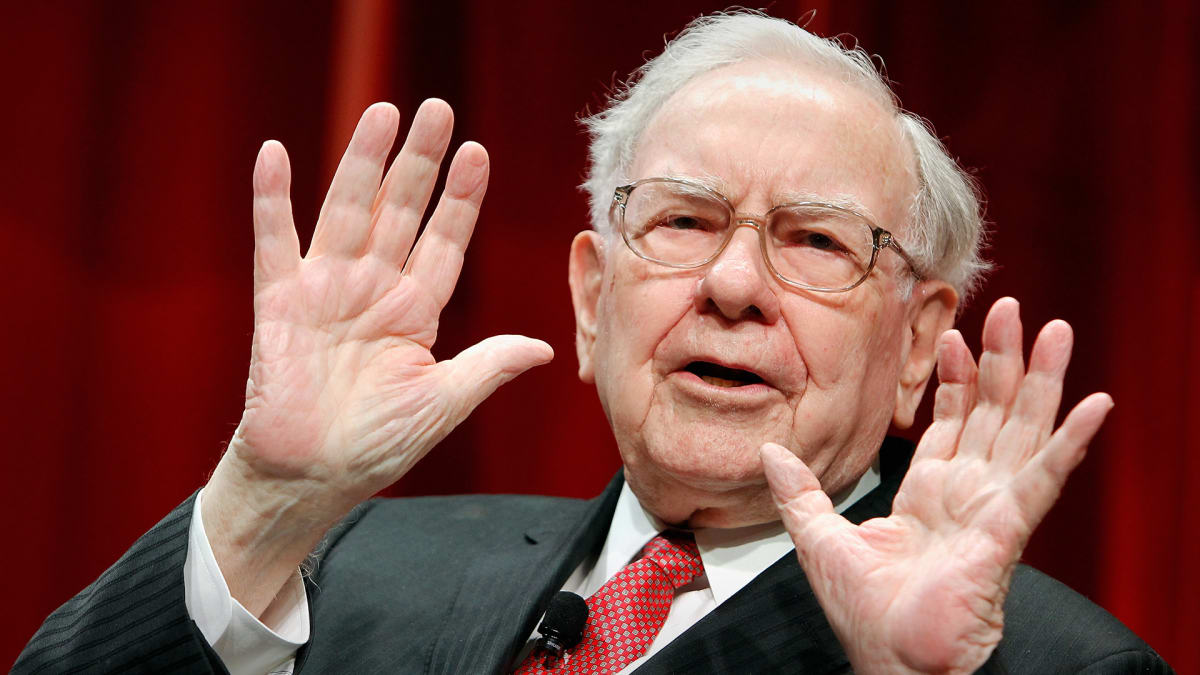
The crisis of confidence around banks continues to shake investors and consumers.
And the most-asked question is whether the situation, the most severe since the financial crisis of 2008, is behind us.
For the moment the answer depends on who's doing the answering.
Bankers say that the crisis is almost over. Could more banks fail? Jamie Dimon, JPMorgan Chase's CEO, was asked by CNN on April 6.
"I don’t know,” Dimon responded. "But if there are, honestly, they’ll be resolved. I think we’re getting near the end of this particular crisis.”
This crisis was caused by the sudden collapse of Silicon Valley Bank, the go-to lender for many tech companies.
The Banking Crisis
SVB, Santa Clara, Calif., provided a range of financial services, tailored specifically to the needs of startups, such as venture debt, corporate banking and asset management. These services are designed to help startups manage their finances, optimize their cash flow and scale their businesses. In addition, the bank offered industry expertise, a valuable network, and a strong reputation.
Created in 1983, Silicon Valley Bank (SIVB), which presented itself as a "partner for the innovation economy,” offered higher interest rates on deposits than its larger rivals did, in an effort to attract clients. The company then invested the clients' money in long-dated Treasury bonds and mortgage bonds with strong returns.
This strategy had worked well in recent years. The bank’s deposits doubled to $102 billion at the end of 2020 from $49 billion in 2018. In 2022, deposits increased to $189.2 billion.
But everything turned upside down when the Federal Reserve began to raise interest rates, which made existing bonds held by SVB less valuable. As a result, the bank had to sell the bonds at a discount to cover withdrawals from its customers. In selling these bond positions, SVB took a loss of $1.8 billion.
Due to the loss, SVB suddenly announced that it needed to raise $2.25 billion of additional capital by issuing new common and convertible preferred shares. This decision caused panic and a run on the bank.
Since then, fears of a ripple effect have spread, threatening the banking sector, despite the fact that too-big-to-fail banks have been subject to strict regulations since the financial crisis of 2008.
Those fears of contagion led to the closure of Signature Bank in New York (SBNY) on March 12.
Warren Buffett as Secretary of the Treasury
U.S. regulators including the Treasury Department have said more than once that the American banking system is solid. These statements, designed to be reassuring, have not dissuaded individuals and businesses from withdrawing their deposits.
At the same time, investors are also worried about the debate on the federal budget, which is currently stalled as Republicans in the House and the White House don't want to budge for the moment.
It is in this context that Genevieve Roch-Decter, a certified financial analyst and former small-cap money manager, posted a short video of Treasury Secretary Janet Yellen telling the Senate that she was not worried about the soaring U.S. debt.
Yellen testified before the Senate Finance Committee on March 16.
"Good Morning Everyone! Janet Yellen testified before the Senate Finance Committee that she’s not concerned about U.S debt soaring from $32 trillion to $50 trillion 'as long as we’re on a sustainable fiscal course'," Roch-Decter wrote on Twitter on April 6. "Newsflash, we’re not on a sustainable course."
Elon Musk commented on this tweet suggesting he agreed with her.
Roch-Decter seems to suggest that Yellen isn't up to the challenge. Shen then asked Musk who would be his choice for the position of the secretary of the treasury.
"Elon, who would you rather have as secretary of the treasury?" she asked.
"Probably Buffett," the billionaire responded. "He could do it using less than an hour’s time per week."
He then added that other successful investors could also do the job, but he did not name them.
"Any highly successful investor with a long track record would do a good job – the job is essentially fund management at scale," Musk argued.







